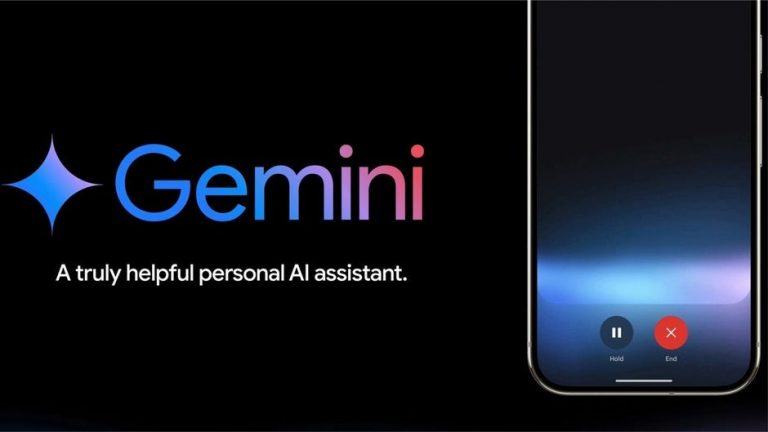Facebook Admits Errors of Censorship and Ditches Fact-Checking Program: Time to Rebound!

Meta Admits to Censoring Too Much and Ends Fact-Checking Program: What’s Behind the Shift?
The Butterfly Effect: How a Single Event Can Have Far-Reaching Consequences
We’re living in a world where a single event can have far-reaching consequences. Just take, for instance, the 2024 US elections. A surprising outcome can have a profound impact on the way we interact online. Case in point: Meta’s decision to end its fact-checking program on its social platforms.
Meta’s Restructuring: A Step Towards More Speech and Fewer Mistakes
On January 7, 2025, Meta’s CEO announced that the company would be phasing out its third-party fact-checking program in the United States. The decision marks a significant shift, as Meta plans to replace it with a new system called Community Notes, inspired by a similar approach on X. While some might raise an eyebrow, given X’s reputation, there are reasons behind this change.
From Good Intentions to Unintended Censorship
The original fact-checking program was launched in 2016 to provide users with additional context about online content through independent fact-checkers. However, it’s become clear that biases and misjudgments in fact-checking have led to unintended censorship of legitimate political speech and debate, undermining the program’s goals. At best, it can be described as a mixed bag.
The Community Notes System: A New Approach to Online Engagement
The new Community Notes system aims to empower users from diverse perspectives to collaboratively identify potentially misleading posts and provide additional context. Meta won’t create or decide which Notes appear; instead, users will write and rate them, with safeguards to ensure balanced input from varied viewpoints. The company also plans to be transparent about how different perspectives contribute to the Notes on its platforms.
The Road Ahead: Phased Rollout and Ongoing Refining
Community Notes will initially roll out in the US over the next few months, with plans to refine the system throughout the year. Users can already sign up on Facebook, Instagram, or Threads to become early contributors. As the transition progresses, Meta will end its current fact-checking controls, stop demoting flagged content, and replace intrusive warnings with subtle labels linking to additional context.
A More Promising Future for Online Engagement?
The goal of this shift is to provide users with better tools to evaluate content while minimizing bias and avoiding censorship, aligning more closely with Meta’s original vision of promoting informed online engagement. While I remain skeptical until I see proof of the plans and intentions, I can’t deny that it’s a step in the right direction. Fact-checkers might have done more harm than good, as even Zuck himself points out.
The Question on Everyone’s Mind: Would Meta Still Make the Same Decision Without the 2024 Elections?
The decision to end the fact-checking program is a significant one, and only time will tell if it will lead to a more harmonious online environment. One thing is certain: the butterfly effect is real, and its impact can be far-reaching.





